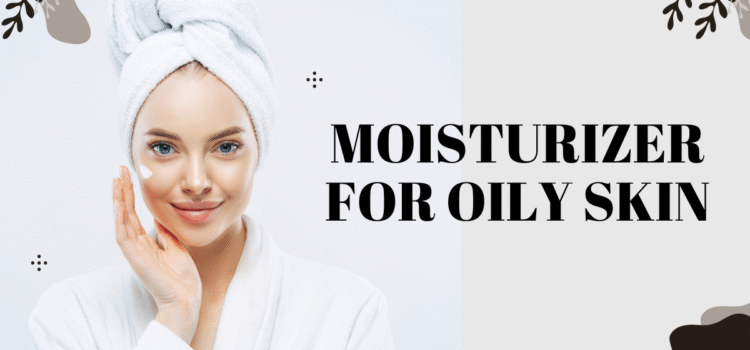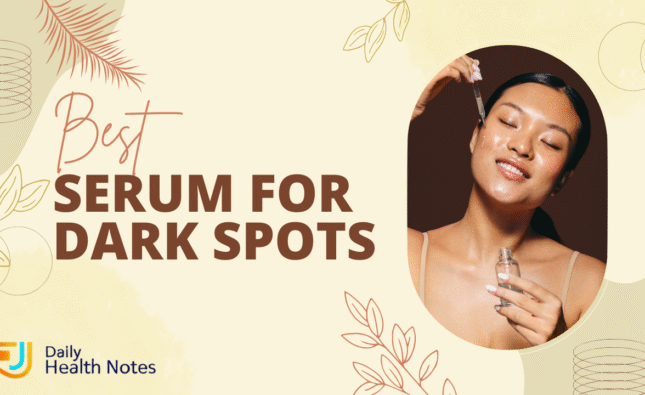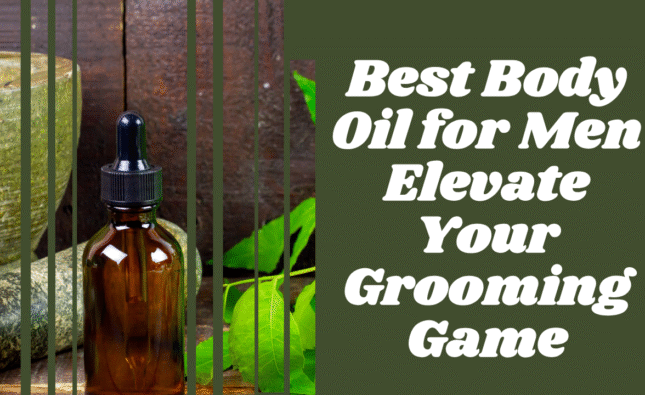
Moisturizer for Oily Skin: A Complete Guide to Shine-Free Hydration
Maintaining healthy skin is essential—but if you have oily skin, you know that finding the right moisturizer can be tricky. Using the wrong product may lead to breakouts, clogged pores, or a greasy shine that lasts all day. That’s why finding the best moisturizer for oily skin is so important. In this comprehensive guide, you’ll learn everything you need to know about choosing the right skin moisturizer for oily skin, with expert insights, ingredient breakdowns, and a detailed list of top-rated products in 2025.
Why Do You Need a Moisturizer for Oily Skin?
It’s a common myth that oily skin doesn’t need moisturizer. Skipping moisturizer can make your skin oilier. Here’s why:
| Problem | Impact on Oily Skin |
|---|---|
| Dehydration | Triggers sebaceous glands to overproduce oil |
| Harsh cleansers | Strip natural oils and cause irritation |
| Skipping moisturizer | Leads to dry surface but oily underneath |
How to Choose the Right Oily Face Moisturizer
When shopping for a moisturizer for oily skin, keep an eye out for these qualities:
Oil-Free Formulas
Avoid heavy oils like coconut or mineral oil. Instead, look for water-based or gel-based moisturizers.
Non-Comedogenic Ingredients
These won’t clog your pores. Look for this label on the packaging.
Lightweight & Mattifying
Look for matte finishes or ingredients like niacinamide or zinc, which help reduce shine.
Hydrating but Non-Greasy
Key humectants include:
-
Hyaluronic acid
-
Glycerin
-
Panthenol (Vitamin B5)
Key Ingredients to Look for in Skin Moisturizer for Oily Skin
Here’s a breakdown of top dermatologist-recommended ingredients:
| Ingredient | Benefits |
|---|---|
| Niacinamide | Controls sebum, improves texture |
| Hyaluronic Acid | Adds hydration without oiliness |
| Salicylic Acid | Unclogs pores, reduces acne |
| Zinc | Mattifies and soothes |
| Aloe Vera | Calms irritation and hydrates |
Best Moisturizer Types for Oily Skin
Depending on your needs, here are the top types of oily face moisturizers:
Gel-Based Moisturizers
Perfect for oily and combination skin types. They absorb quickly and provide a cooling effect.
Water-Based Moisturizers
These provide hydration without adding oil. Great for daily use under makeup.
Oil-Free Creams
If you live in a dry climate but have oily skin, these deliver rich moisture without clogging pores.
Day & Night Routine for Oily Skin
Here’s how to integrate the best oily face moisturizer into your skincare regimen:
Morning Routine
-
Cleanser (oil-control or salicylic acid)
-
Toner (optional)
-
Serum (niacinamide)
-
Moisturizer for oily skin
-
Sunscreen (non-comedogenic)
Evening Routine
-
Cleanser
-
Toner or Exfoliant (AHA/BHA, 2-3x/week)
-
Retinol (optional)
-
Skin moisturizer for oily skin
Common Mistakes When Using Moisturizer on Oily Skin
Avoid these skincare errors:
-
Using rich creams designed for dry skin
-
Skipping moisturizer entirely
-
Not applying sunscreen (sun damage worsens oiliness)
-
Over-exfoliating and stripping the skin barrier
⚠️ Pro Tip: Avoid using alcohol-based products—they can dry out your skin and trigger rebound oil production.
The Best Moisturizer for Oily Skin is One That Hydrates Without Heaviness
Choosing the right moisturizer for oily skin is a game-changer. It prevents acne, controls oil, and helps your skin look and feel healthier. Whether you prefer a drugstore staple or a high-end option, always prioritize lightweight, oil-free, non-comedogenic formulas.
Remember: Oily skin needs hydration, not just oil control. Invest in the right skin moisturizer for oily skin and enjoy clear, balanced, and shine-free skin every day.
Frequently Asked Questions
Is moisturizer necessary for oily skin?
Yes! Oily skin still needs hydration. Skipping moisturizer can make your skin even oilier.
Can oily skin use cream moisturizers?
Only if labeled non-comedogenic and oil-free. Gel or water-based products are usually better.
How many times should I use moisturizer?
Twice daily—morning and evening, after cleansing.
Can moisturizer help with acne?
Yes, if it contains salicylic acid, niacinamide, or is non-comedogenic.












